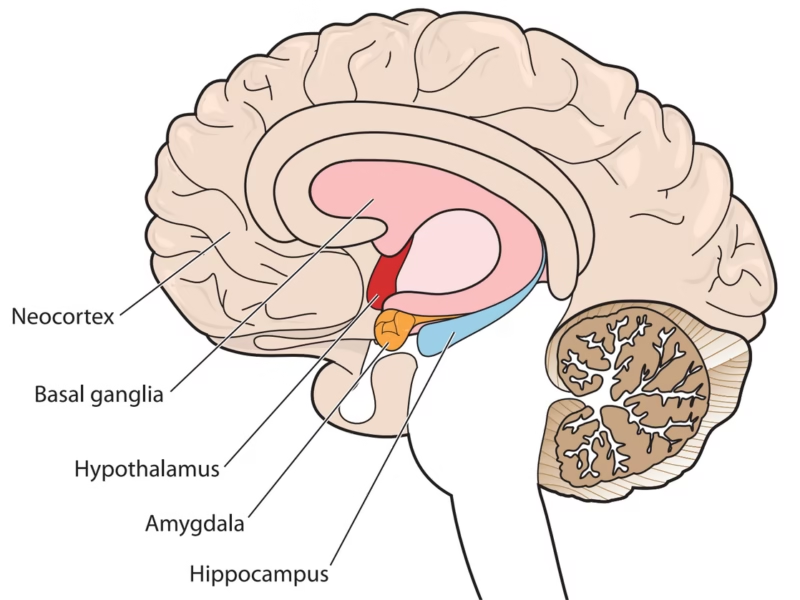Loving someone with bipolar disorder is both a commitment and a journey. It’s not always easy to understand what they’re going through — especially during a manic episode or depressive swing — but your support can make a powerful difference.
From identifying the early signs of bipolar to encouraging professional bipolar treatment, here’s how to stand by your loved one with strength, compassion, and informed care.

Understand the Disorder First
Before you can offer support, it’s important to understand bipolar disorder. It’s a mental health condition that causes extreme mood swings — including emotional highs (mania or hypomania) and lows (depression).
Types of Bipolar Disorder:
- Bipolar I: Characterized by intense manic episodes that may require hospitalization.
- Bipolar II: Includes hypomanic episodes and major depression but no full mania.
- Cyclothymic disorder: Milder, with frequent mood fluctuations over two years.
Recognizing the Early Signs of Bipolar
You might wonder, “Is my loved one struggling? I think they have bipolar disorder.” Knowing what to look for helps.
Common Early Symptoms:
- Drastic mood changes (high energy one day, extreme fatigue the next)
- Irritability, agitation, or unusual excitement
- Risk-taking behaviors during bipolar mania symptoms
- Withdrawn, hopeless, or excessively sad moods
- Sleep changes — sleeping too little or too much
How to Offer Real Support
Being present, not perfect, is key. Here’s how to offer genuine help:
- Start the Conversation — Gently
Avoid judgment. Use “I” statements like:
“I’ve noticed you’ve been feeling very up and down lately. I care about you — how can I help?”
- Encourage Professional Help
Support them in finding the right bipolar treatment:
- Psychiatrists for diagnosis and medication
- Therapists for cognitive-behavioral therapy (CBT)
- Support groups for shared healing
Offer to help research, make calls, or attend appointments if they’re comfortable.
- Be Prepared for Manic Episodes
During a manic episode, your loved one might feel euphoric, impulsive, or irritable.
What You Can Do:
- Stay calm and avoid confrontation
- Gently redirect unsafe behavior
- Help manage overstimulation (quiet environments help)
- Avoid arguing about their state of mind — focus on safety
- Support Medication & Routine
Bipolar disorder often requires long-term medication. Help by:
- Encouraging medication adherence
- Creating a calm, consistent routine
- Minimizing triggers like sleep deprivation or alcohol
- Be Patient During Depressive Episodes
When your loved one becomes withdrawn or hopeless:
- Offer simple, consistent presence (sit with them, check in)
- Encourage small actions (a walk, eating something)
- Avoid toxic positivity — validate their emotions gently
- Take Care of Yourself Too
Supporting someone with bipolar disorder can be emotionally exhausting. To avoid burnout:
- Set healthy boundaries
- Seek your own therapy or support groups
- Take time to recharge — you matter too
Words Matter: What to Say (and Not Say)
Supportive:
- “I’m here for you.”
- “You’re not alone in this.”
- “Let’s find help together.”
Avoid:
- “Just snap out of it.”
- “It’s all in your head.”
- “You’re being dramatic.”
Healing Is Possible — Together
While there’s no quick fix for bipolar disorder, early intervention and steady support can make all the difference. You don’t need to have all the answers. Just showing up — consistently and compassionately — is the most powerful thing you can do.
Final Thoughts
If you’ve ever said “I think I have bipolar disorder” or noticed a loved one struggling, don’t ignore it. Watch for signs, learn about the condition, and help them connect to care. With love, structure, and understanding, healing is possible.


